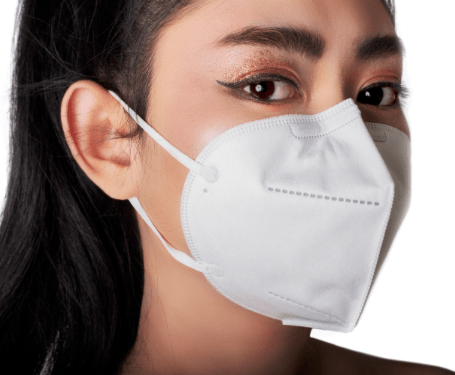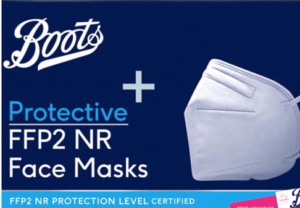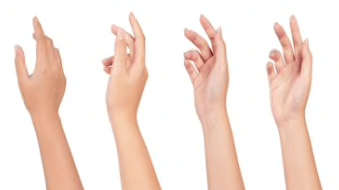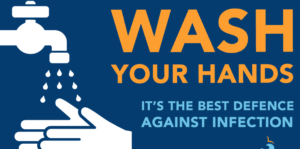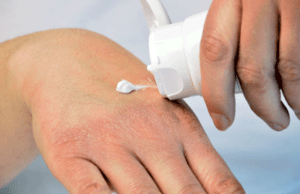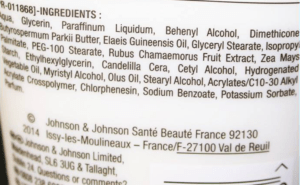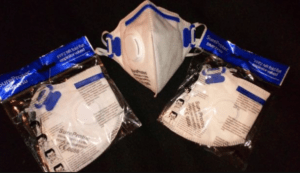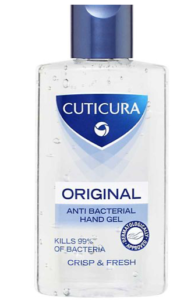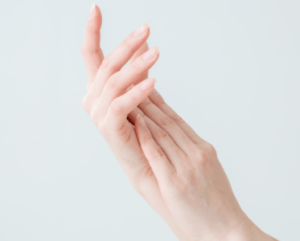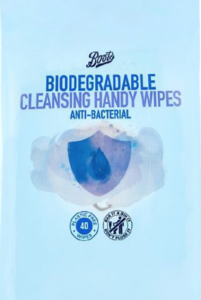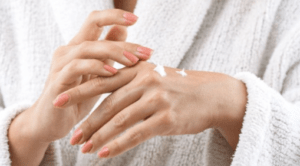Several studies have been carried out in response to world leaders and the WHO questioning if the wearing of face masks effectively slows the spread of Covid-19.
It has been claimed the wearing surgical masks can Lower Covid-19 spread, and significantly reduce the chances of those with COVID-19 infecting others in their immediate vicinity.
Hong Kong Study On Face Masks:
According to a study in Hong Kong, the rate of transmission of Covid-19 through airborne particles or respiratory droplets lowered by approximately 75% when face masks were used.
“The findings implied to the world, and the public is that the effectiveness of mask-wearing against the coronavirus pandemic is vast.” A leading microbiologist Dr. Yuen Kwok-yung, from Hong Kong University who helped identify the SARS virus in 2003, stated the study was the first of its kind.
Dr. Yuen said that his team conducted the study because he has long supported wearing masks. However, world leaders, including the World Health Organisation (WHO), had questioned their efficiency.
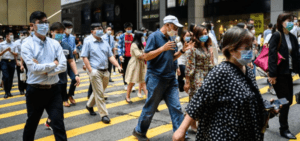
The study saw his team use two cages containing hamsters in different scenarios in a laboratory.
One group of hamsters was infected with COVID-19, and the other group was healthy. A fan was then used to circulate air around the infected animals – some of which did not show symptoms.
Researchers said they found that two-thirds of the healthy hamsters were infected within a week without any masks between the cages.
But when they situated masks on the cage with infected animals, the infection rate dropped to just over 15%.
The infection rate dropped by around 35% when masks were situated on the healthy hamsters’ cage.
The research found hamsters that became infected were found to have less of the virus in their bodies than those who became infected without a mask placed on their cage.
Dr. Yuen told a press conference: “In our hamster experiment, it shows very clearly that if infected, hamsters or humans, asymptomatic or symptomatic, the ones who ‘wear’ masks, protected others around them.”
“That’s the most robust result we showed here. Transmission can be reduced by 50% when surgical masks are used, especially when infected individuals wear masks.”
“Up to this stage, we do not have a safe and effective vaccine. What remains practical is still either social-distancing measures or wearing masks.”
Re-Use Surgical Masks:
Some masks can be re-used, but cleaning them is very important. One way to do this is by ‘steam cleaning.’ Boil a sauce pan of water and find a way to hold your mask over the steaming water for 10 minutes, do not let the mask become saturated. (see photo )It needs to be ‘air-dried’ thoroughly afterward. Once a mask is visibly damaged or badly soiled, dispose of it safely.

Video showing the benefits of wearing a face mask to combat Coronavirus.
UK Government Advice On – Wearing Surgical Masks Can Lower COVID-19 Spread
The UK government initially said the wearing of face masks could not protect people. Scientists provide advice to the government, ministers ultimately decide. Still, it has revised its guidance and is now recommending people wear face coverings.
This advice is recommended for people who cannot remain two metres apart in settings such as small shops and public transport. Transport For London had also advised those still reliant on buses and the Tube network to wear face masks.
Boots Protective FFP2 NR Face Masks
European countries, including Germany and Italy, have said people should wear masks in such public settings. Tourists will be expected to wear masks in shops and on public transport and taxis will only take two people at a time.
At the outset of the pandemic, which started in China, there was a scramble to buy face masks in Hong Kong, where people recollect the SARS impact. Sadly Hong Kong suffered 298 deaths from SARS, second only to mainland China. The territory has so far only reported four fatalities from COVID-19 (at the date of publishing).
People walking around without a face mask in Hong Kong, Japan, or North Korea is seen as irresponsible. Several US states are now advising people to wear them when out.

Read – Simple Mistakes People Make When Using Face Masks
Men Less Likely To Wear Face Masks:
Men are more likely than women to view the wearing of a face mask as ‘shameful’ and not ‘cool’ and that the wearing of a face-covering is a sign of ‘weakness.’ Also, men are more likely to express negative emotions and stigma when wearing a face-covering mask.
It is thought that men are less likely to wear face masks when in public to protect against COVID-19 because it is a ‘sign of ‘weakness.’ Researchers established that more men than women believe that wearing a face mask is ‘shameful’ and not ‘cool,’ this came from a survey of 2,459 people living in the USA.
Participants were asked if they intended to wear a face mask outside the home, engaging in social activities and when around people from another household. The findings revealed that men were less willing to wear a face mask outside the home than women.
It was found that women were more likely to wear face masks during essential activities than men. The study also found that men have fewer intentions to wear a face-covering than women, especially in countries where the wearing of face-covering is not mandatory.
Research does show that both men and women were more willing to wear masks if they live in countries where the law stated they had to.
One reason men are less inclined to wear a face-covering is that they believe that they will be less affected by Covid-19 than women. That is contradicting because official statistics show that coronavirus impacts men more seriously than women.
Preventive Measures for COVID-19 Disease According To WHO:
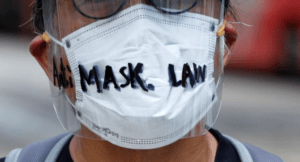
Based on current evidence, the COVID-19 virus is transmitted between people through close contact and droplets. Airborne transmission may occur during aerosol-generating procedures and support treatments (e.g., tracheal intubation, non-invasive ventilation, tracheotomy, cardiopulmonary resuscitation, manual ventilation before intubation, bronchoscopy)1; thus, WHO recommends airborne precautions for these procedures.
For all, the most effective preventive measures include:
- maintaining physical distance (a minimum of 1metre) from other individuals;
- performing hand hygiene frequently with an alcohol-based hand rub if available and if your hands are not visibly dirty or with soap and water if hands are dirty;
- avoiding touching your eyes, nose, and mouth;
- practicing respiratory hygiene by coughing or sneezing into a bent elbow or tissue and then immediately disposing of the tissue;
- wearing a medical mask if you have respiratory symptoms and performing hand hygiene after disposing of the mask;
- routine cleaning and disinfection of environmental and other frequently touched surfaces. Source: who.int
Your Thoughts On Wearing Face Masks?
Have you considered wearing face-masks when out in public? If you have, have you encountered problems with buying face masks? Have you had to resort to making your face mask, do you feel as safe going out using a homemade face mask? Please leave any comments or questions below, and I will be happy to discuss them with you.

